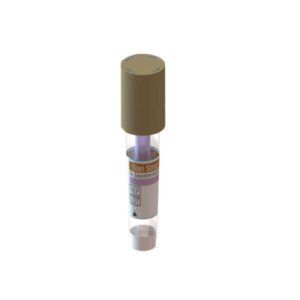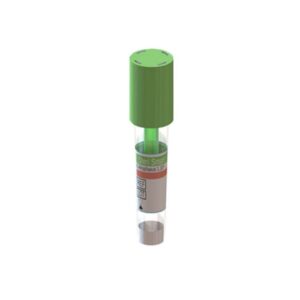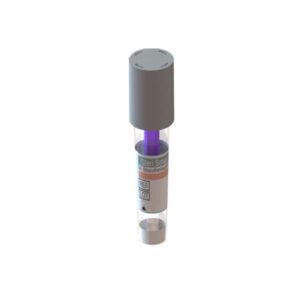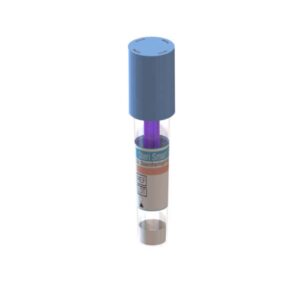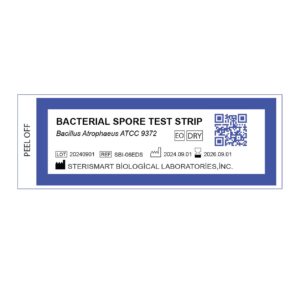BIOLOGICAL INDICATORS
Biological Sterilization Monitoring
Biological monitoring is a crucial aspect of sterilization monitoring, specifically in confirming that the sterilization process has effectively killed all microorganisms on medical equipment and instruments.
It involves the use of biological indicators, such as spore tests, to assess the effectiveness of the sterilization process.
Biological monitoring helps to identify any deficiencies or malfunctions in the sterilization process, allowing for corrective actions to be taken promptly.
It is important to incorporate biological monitoring into a comprehensive sterilization monitoring program to ensure that healthcare facilities maintain a high standard of patient safety.
Showing all 6 results

